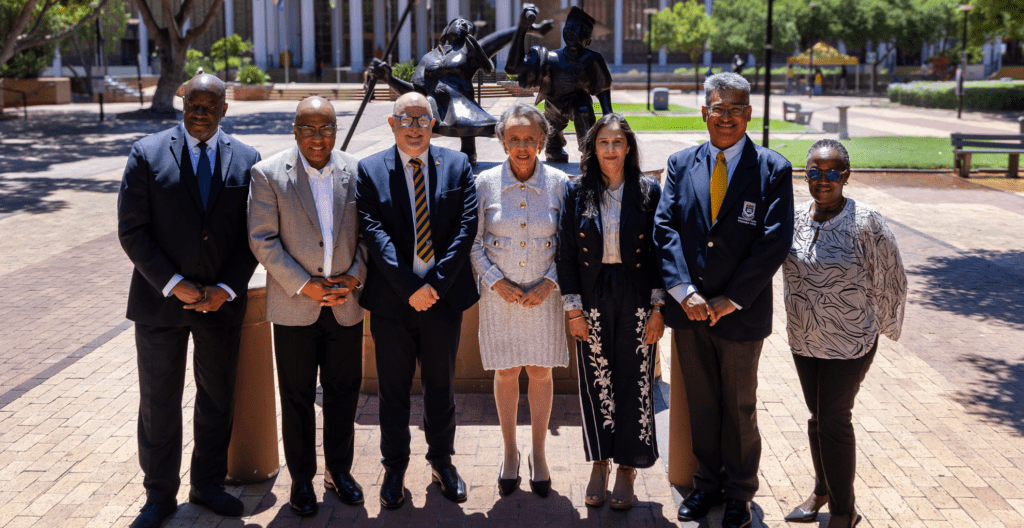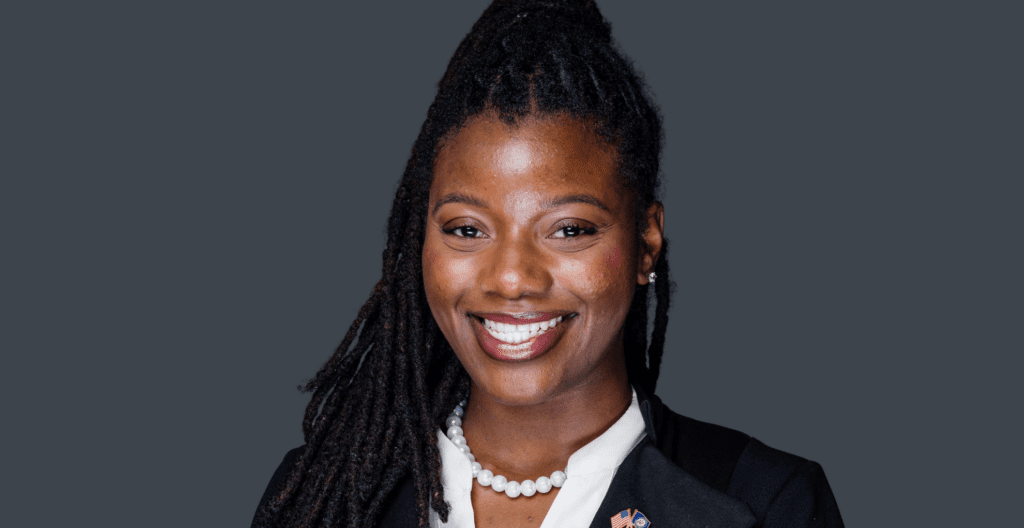Diversifying the institutions, creating better partnerships within their communities and making college more affordable are ways in which HBCUs will increase enrollment and improve student achievement, said higher education leaders during a symposium at Alabama State University.
Diversity on HBCU campuses is “critically important” Roslyn Artis, president of Benedict College in South Carolina said, explaining that the country depends on it because there is “no one cookie-cutter solution that can solve the complex problems of today.”
“No human potential can be wasted,” she added, with President of Trenholm Samuel Munnerlyn agreeing.
Not only is it the right thing to do, Munnerlyn said Wednesday evening, but, “In order to make our country better, we need to include everyone.”
Viewing it as an opportunity to learn from others, Munnerlyn recalled a memory from his freshman year of college when a teacher told him he’d likely learn just as much outside of the classroom as inside.
Additionally, he said, “if we’re going to continue to bring revenues into our colleges, we can’t leave anyone out — regardless of color, race or national origin.
Although Artis and Munnerlyn did not specifically define diversity in the lens of race, Belle Wheelan, president of the Southern Association of Colleges and Schools Commissions on Colleges, pointed to diversification as an important objective for HBCU’s because, “the world is diverse and graduates won’t go out and live in all African-American neighborhoods.”
Plus, “we aren’t having as many children as past generations, so we’re running out of people,” she said, referring to the black community.
The necessity of partnerships was another major topic discussed by the panel.
To keep enrollment numbers up, several panelists pointed to how stronger partnerships with K-12 could benefit the HBCUs, through offering more dual-enrollment and college courses.
“Businesses are clamoring to get people into the workforce faster, and we’re not doing a good job at helping the K-12 system understand the skill set and level of performance we expect of incoming students,” Wheelan said.
Additionally, Harry Williams, president of the Thurgood Marshall College Fund, said it was important to work with the K-12 system to “make sure we are doing everything in our power to keep our black teachers in the classroom,” explaining that students experience higher achievement levels when they are exposed to teachers that look like them.
Andrew Hugine, president of Alabama A&M University, suggested creating partnerships through technology, pointing out that finding qualified teachers in the STEM disciplines is a difficult task for the K-12 system. By bringing computers into rural communities, teachers could provide lessons from other locations, he said.
The partnerships, Artis of Benedict said, will “help get arriving student to the level needed when they arrive.” HBCUs have to be a part of the community, she added, “not located in the community, but of the community.”
The need to ensure students are college ready when they arrive on campus is more important than ever now, Munnerlyn said, because financial aid is now only available for eight semesters, compared to formerly 12, leaving students less time to spend in remediation.
He also suggested the two-year and four-year colleges begin working together more.
When it came to tuition and the ever-growing debt for college students, Artis enticed the other panelists by sharing a recent decision Benedict College made: lowering tuition.
“We have something that we call is a sticker price and something like a discount rate,” she said, explaining that low-income and first-generation students are often feared away by the sticker price.
Additionally, these same students were often taking out the maximum amount of loans allotted, despite not needing all of the money, but thinking they might due to an inflated rate of miscellaneous costs listed by the college.
In response to these two observations, the college decreased tuition and limited the borrowing threshold for the miscellaneous area.
“We have an obligation as adults to limit and guide their decisions,” Artis said. The result, will be is “we’re going to reduce the default rate and increase the buy-ability of our students when they leave.”
When it comes to funding, Wheelan said legislators “feel that if your students don’t pay back debt, then you as a university shouldn’t get as much federal funding,” which is why she believes colleges need to do a better job at teaching students financial literacy.
She also called on the HBCU alumni base to donate more. The base, she said “has a lot of wisdom to offer but no money … I need you to contribute.”
Hugine from A&M echoed that same belief, adding that while federal funding is often earmarked for specific programs, alumni donations could help with diversifying campuses in terms of student academic success levels.
“There are students that don’t have a 3.0 but still have potential and could stay on campus if it weren’t for financial issues,” he said, adding that a “student with a 2.0 will still go on and get a degree and change the world.”
By Krista Johnson
Montgomery Advertiser



